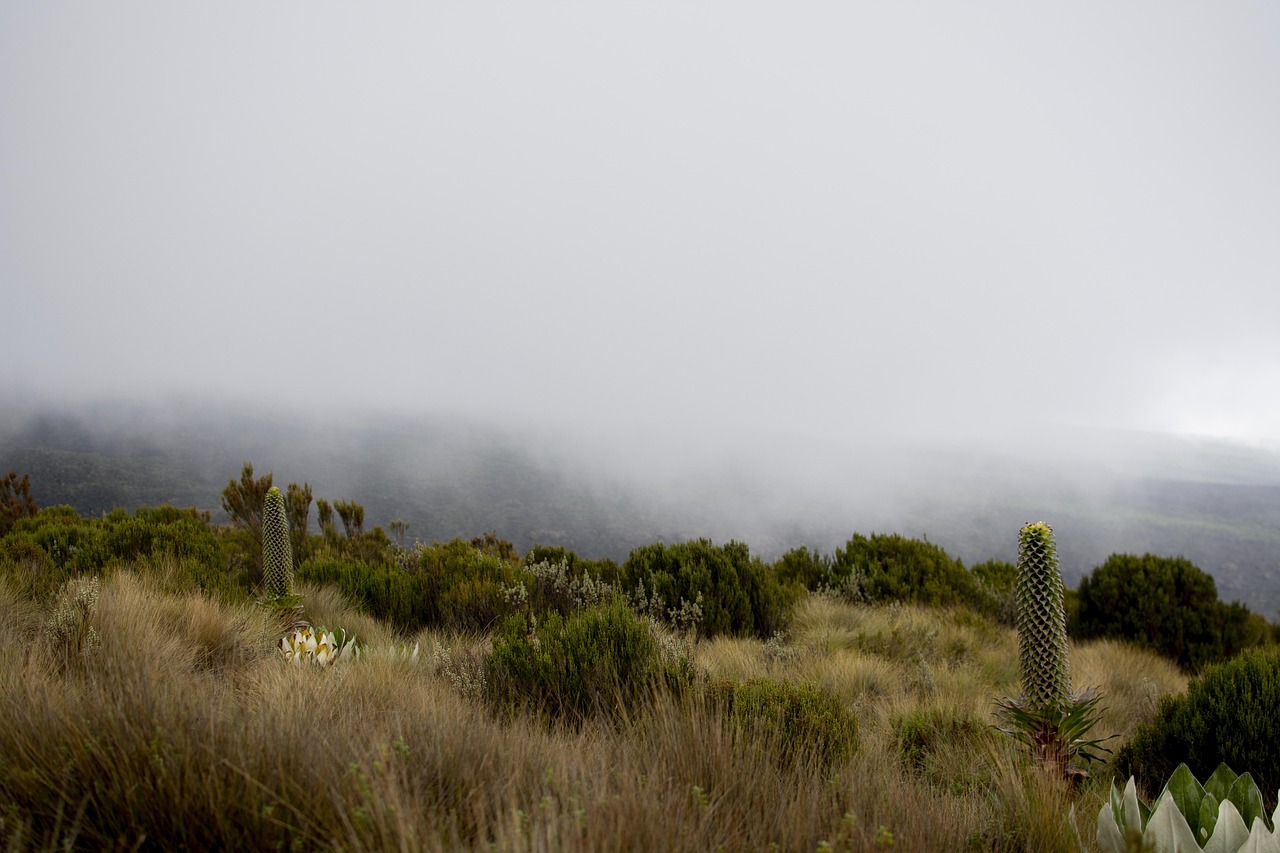

It’s a joy and a grief to see so many new faces, sky-high (according to local standards) restaurants, business and bookstores cropping up in Nanyuki. The town is growing! Grown, even.
In the spirit of being grown: no longer living in my cocoon, I should get a life. I should go out and meet new people. I attended the book lovers' hangout. Two weeks ago, I booked a slot for the session. In my mind, I expected a few locals. Shock on me, I interacted with new Nanyukians, including kids one to two months old. Toddler Nanyukians, one to two years old. And of course, the OGs, born and raised.
I may be short-sighted, but I’m not blind. I saw the apartments. I saw the crowds, the evening traffic. I heard the noise. I saw land that was once zebras' feeding ground becoming an estate. I saw we were more in numbers, but it didn’t sink in until some members introduced themselves as having moved in from counties and countries far away.
Today, I attended the wine tasting class. Fancy like that. Nanyuki is famous for its ranches and large tracts of land. Whenever Nanyuki is discussed, there’s often an air of opulence. The wine tasting and bookish events were often held away from us, in the ranches, my Majengo and Sokoni-raised peers had no access to them. I thought I could only attend them in Nairobi. But here we are, a few glasses later, writing this.
To have access to affordable books, wine and accessible bookish spaces could only mean Nanyuki has grown. And not only are the old people retiring here, but also the young and the woke.
That said, I would love Nanyuki to remain as it was in the early 2000s. I would love to think of Sarafina as the first cute restaurant I see as I head out of Nanyuki. Cedar Mall would be a school, Taji an animal crossing zone, Nanyuki Primary and St Moses the OG public schools. Back when Batian would let us pack the crisps for a small pay. When the mamas knew everyone. When Likii was a small village, with lots of trees. The air felt cleaner, it felt like living in a secluded area, just us, in our small town.
But then, taking us back to the 2000s would mean a Majengo with no streetlights and no tarmac. A no-go zone past certain hours. I remember Mtush (sokoni area) with no streetlights, and how we would go in at least threes to the public bathroom. Some places are safer now. Some things are more accessible. Imagine I didn’t have to ship gel polish from Nairobi, we have our own mini Dubois Street.
They say, “Mgeni njoo mwenyeji apone.” The guests have brought us gifts, and because of them, maybe we will sweep some streets more often. Maybe the potholes are fixed because your cars, your not four-wheel drive cars, do not navigate rough terrains.
As we all know, the Indians planned to get the railway to Meru. Upon arriving here, rumour has it, “alikula raha na akapoteza map”. To the visitors, karibu Nanyuki, bring a hoodie. Chunga usifike mwisho kama reli.
If my memory serves me right, I think I was in primary school when someone lied to the locals in Majengo that the old railway map had been found. People marched to the DC’s office. Since then, we often use that phrase to warn people. Stay vigilant, na kila mtu afanye chenye kilimleta hapa.
To Nanyuki, I have witnessed you grow. Cheers to new versions of you!
Psst: if you are looking for light literature about Nanyuki, read Meja Mwangi’s Rafiki Man Guitar (early 2000s) and Carcase for Hounds (State of Emergency period).













